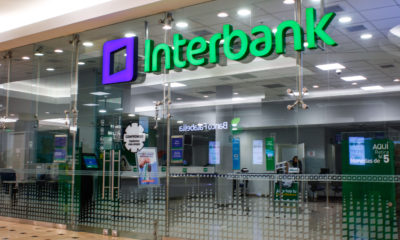The banking industry’s total assets have experienced a significant increase, according to a personal statement made by Aishah Ahmad, the Deputy Governor of the Financial System Stability Directorate at the last Monetary Policy Committee meeting.
The figures revealed that the industry’s total assets grew by 24.24% or N14.36tn, rising from N59.24tn in December 2021 to N73.59tn during the corresponding period in 2022. These numbers were shared by the Central Bank of Nigeria (CBN).
She said, “Key industry aggregates also continued their year-on-year upward trajectory with total assets rising to N73.59tn in December 2022 from N59.24tn in December 2021, while total deposits rose to N45.50tn from N38.42tn over the same period.
“Total credit also increased by N5.14tn between end December 2021 and end-December 2022 with significant growth in credit to manufacturing, general commerce and oil & gas sectors. This impressive increase was achieved amid continued decline in non-performing loans ratio from 4.90 per cent in December 2021 to 4.20 per cent in December 2022.”
According to her, the financial system had played a crucial role in ensuring the domestic economy’s resilience during global shocks and remained sturdy until 2023.
The Bank’s data indicated that key indicators of financial health remained stable, and there was an exceptional improvement in asset quality, despite the continued growth of private sector credit.
She highlighted that the capital adequacy ratio was robust, standing at 13.83 per cent as of December 2022, which was well above the regulatory minimum of 10 per cent by 383 basis points.
Moreover, the industry liquidity was also strong, measuring at 44.10 per cent for the same period. She mentioned that banks had significant cash reserve requirements that could serve as liquidity backstops if required.
Ahmad said, “The sector also benefitted from ingenious initiatives such as the naira redesign and revised cash withdrawal limit policies, all expected to strengthen the banking channel of monetary policy transmission.
“Furthermore, results of stress tests showed resilience of banks’ solvency and liquidity ratios in response to potential severe macroeconomic shocks.
“However, the bank must remain vigilant to proactively manage probable macro risks to the financial system arising from spillover effects of global headwinds and domestic vulnerabilities, in view of the financial system’s strategic role in driving sustainable economic recovery.”













